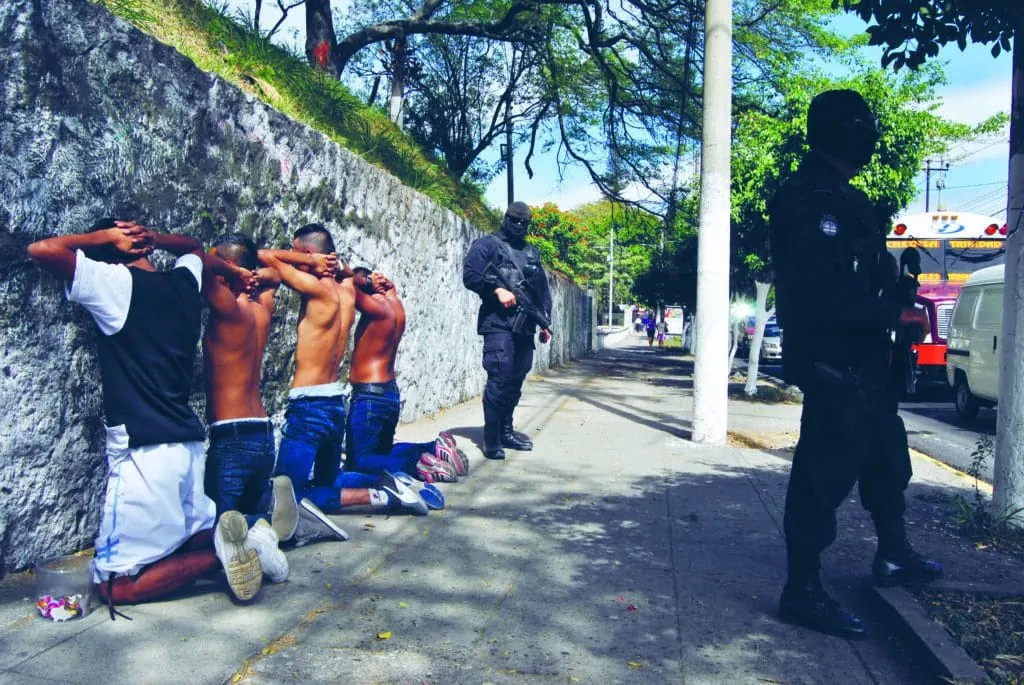When governments take targeted action against non-governmental organizations, be it with bureaucratic hurdles, smear campaigns or even violence against activists, terre des hommes schweiz must rethink its role as an international partner organization.
Strengthening civil society has always been a cornerstone of our work. It is the partner organizations in our programme countries that make needs-based projects possible and, with their in-depth contextual knowledge, can assess what is really needed. A strong civil society is a basic prerequisite for sustainable development. As a critical counterpart to politics and at the same time as its co-creators, civil society organizations stand up for the rights of disadvantaged groups. In their role as an important link between the population and political decision-makers, they strengthen democratic processes. However, this role is often perceived by governments as uncomfortable and provocative.
Harassment at all levels
In Latin America, the scope of action for civil society has been increasingly restricted in recent years by intimidation, harassment and criminalization. Human rights defenders and journalists are exposed to high risks and often experience violence. Governments respond to demonstrations with repression and police violence. Feminists, indigenous people, environmentalists, young people and non-governmental organizations (NGOs) are particularly at risk. In Colombia and Brazil alone, hundreds of social activists were murdered last year. El Salvador has been under a state of emergency since the end of March. In the so-called "war against gangs", human rights violations by the police and arbitrary arrests are being legitimized. NGOs that denounce the brutal actions are defamed as accomplices and targeted for persecution. The situation is similarly dramatic in Nicaragua, where more than 200 NGOs have already been closed down under the pretext of non-compliance with government guidelines. In this way, voices critical of the government are deliberately silenced.
During the Covid-19 pandemic, lockdowns were abused in many terre des hommes schweiz program countries to reinforce undemocratic tendencies. Civil rights such as freedom of assembly were suspended. In many countries, NGO laws have been passed that increase the bureaucratic and administrative requirements for NGOs. The great effort required to meet the bureaucratic requirements ties up a lot of time and energy. Targeted smear campaigns in the media are another strategy to intimidate civil society, and social media in particular are an efficient tool for this. Members of NGOs are labeled as "paid political activists" or "enemy agents". When protests are also violently suppressed and accompanied by mass imprisonment, such as during last year's month-long general strike in Colombia, a climate of fear is created.
How we adapt the way we work
terre des hommes schweiz must use its networks and political influence to advocate for its partner organizations internationally. We are adapting our way of working by developing support funds for legal advice in emergencies and prioritizing training on security plans and risk analysis. Psychosocial support for activists and partner organizations is also of great importance in order to remain capable of acting despite fear and uncertainty. In times of instability and threats to NGOs, long-term, reliable partnerships and basic funding for organizations to cover running costs are essential for survival.
Especially when the scope for action in a country is severely limited, the exchange with colleagues from other countries where similar experiences have been made is a great support. In online exchange forums offered by terre des hommes schweiz, experiences are shared on how to deal with threatening situations. International networking offers hope in difficult times. Finally, an essential protection factor is the broad social anchoring of NGO work. Its goals must be communicated to the population in a comprehensible way. If a broad public understands the importance of the work of NGOs, strategies of defamation and delegitimization will come to nothing.
Author: Andrea Zellhuber, Development Policy and Thematic Responsibility


